Introduction
Interactive content and engaging your audience through content marketing refers to the best opportunity to increase the level of engagement of your audience and boost the amount of time that people are likely to spend on online platforms than ever before. Multiple tech-updated businesses consider and implement various content marketing strategies, so it’s crucial for the business to think about the ways to make the online content to stand out and gain a competitive edge in a social world. Interactive content online platforms reflects the content that attracts and stimulates the audience of the business to take active participation in different ways, rather than easily consuming the gained data inactively. It doesn’t essentially necessary to be something fancy, it could be as easy as answering the polls, playing quizzes, and many more that help to organization to create user engagement. The interactive content type can make the user experience more fun for the audience of the business and therefore it increases the value of the brand.
It is also regarded as a great way to know your target audience in a better comprehensive manner and gather information about them. Engage your audience is a significant factor for a business as from the content they consume to the goods they purchase, audiences have multiple options to make than ever before and this can create more difficulty in gaining their attention. Within a vast competitive market of businesses where competition in every industry is very high, it’s more crucial to learn the best methods to build engagement among the target audience of the company and create value to keep them connected with the brand through augmented reality and organizing polls, quizzes to make user engagement for the business. Interactive marketing of content is highly effective than other types of content not only because it increases engagement but also it helps to maintain the interest of the same audience for a long duration.
Concept of Augmented Reality Content
Making augmented reality contents helps in settling your brand to improve user engagement and enhance the revenue of the business. Augmented reality content means the use and implementation of AR technologies and strategies to improve the real and dynamic world environment of the users through using digital approaches like images, videos or 3D models to make a mixed reality. The content which is made upon the basis of augmented reality is usually accessible by any user with a camera-enabled tech devices like smartphones, tablets or laptops. This is how Augmented Reality boosts user engagement.

Visualizing the products:
Augmented reality encourages the customers to visualize the products they require in the nearby environment while connecting with full-scale approaches before buying something. By permitting customers to preview components and designs, Augmented Reality provides a digital experience with numerous probabilities. By inspiring the experience of buying, augmented reality boosts the decision making procedure of customers and improves the buyer confidence.
Improved collateral of Sales:
Augmented Reality allows the brands to shift from traditional to 2D products demos, while providing the improved content on web pages and can develop data sheets of the products to life. By boosting the interest and creating complex relations with the users, augmented reality assists to enhance the support and brand loyalty.
Enhanced experience:
Augmented Reality consists of a unique capability to shift the purchasing process into a lively and memorable involvement. The factors of the gamification that is integrated into the user engagement makes a sense of fun and excitement, boosting enhanced participation, lengthy interactions and affection towards on your brand.
Brand engagement:
Augmented reality provides a vast range of facilities through overlapping the content in digital form into the physical stores. Brand can make remember able and remarkable narratives that combines with the interest of their target audience, by making emotional connections that puts a long-lasting impression on them.
Effective ways to maintain the user engagement
It can be a tough task to draw in and hold the attention of people in an information-rich environment. With its captivating and dynamic approach to build user engagement, interactive content has become a game changing method. Let’s explore the methods that can be implemented to create interactive content through using effective techniques like polls, quizzes and augmented reality experiences, which might develop the level of user engagement on different digital platforms.

Quizzes for grabbing attention and promoting involvement
Through boosting the curiosity among the audiences and promoting engagement quizzes are an effective way to grab the attention of the target audience of the business. Users can test their knowledge, got to learn about themselves in a more detailed way or delve into particular topics with their interactive and personalized experience. Quizzes are a flexible way to educate and engage your audience at the same time, whether it’s a cheerful and fun quizzes questions or a knowledge based test about your interest.
Techniques for well-designed quizzes
- The business should create quizzes that are completely relatable with the interest of their target audience or problems covered by the industry.
- Through implementing eye-catching factors, such as pictures or videos to boost interaction among business and people.
- Motivate consumers to share their feedbacks on social media platforms by delivering shareable outcomes, which will improve the reach and interaction.
Polls for promoting input and communication
Polls are an effective way to develop the interest of people through using polls is a great method to get feedback, Ask questions and include the audience of the business in the decision making process. By allowing the users to tell their views, beliefs or ideas on particular topics the empower users which improves and encourages inclusivity and boost engagement while giving people a sense of worth and voice.
Techniques for conducting successful polls:
- The business can ask for pertinent questions that boost engagement and align with the goals of your brand.
- Real time outcomes can be shared with the audience which will build anticipation and keeps consumer interested in the story of the business.
- Utilizing the poles to get the feedback of audience on upcoming products or content ensure that you are aware of their needs is an effective way to maintain user engagement.
Augmented Reality (AR) for immersive situations redefining participation
By providing engaging and immersive experiences, augmented reality develops and intriguing new layer to user engagement. Augmented reality fills the gap between real world interaction and digital media, from interactive product demos for diverse industries to virtual try on experiences from fashion forms. Through allowing users to interact with digital media in real surroundings, it promotes a higher degree of engagement.
Putting AR into Practice Effectively:
- The business can make augmented reality experiences that reflects the personality of the brand as well as the preferences of the target audience.
- Create UIs that are easy to use so that the target audience mean direct with devices in a seamless manner.
- To enhance the narrative, present items or provide lessons, Augmented reality to improve user experience
Using Interactive Content to its Full potential on online platforms
To organize the impact of interactive material on user engagement a deliberate approach must be used when implementing it across multiple digital areas.
Critical approaches:
- Know your audience: try to make interactive content that narrates directly to the target audience of the business interests and tastes.
- Maintain consistency and variety in order to keep consumers interested and included o maintain a balance between different formats of interactive content.
- Promotional and distribution activity: to enhance the visibility and engagement, on an active basis distribute and promote interactive content across digital platforms.
- Optimization and data analysis: complete the metrics which is made on the basis of user engagement to detect what content combines majorly, then adapt future preferences of the content tactics appropriately.
Reasons to embrace Interactive content
Enhanced engagement:
When compared to typical static substances, interactive content is more effective in drawing in and retaining the audience’s interest. Users are encouraged to actively participate in the immersive as well as engaging experience it creates, which improves engagement levels and improves the amount of time they spend interacting with the details. Demand Metric found that two times as several individuals engage with dynamic data as they do with static content. Also, 81% of marketing concur that interactive content captures attention more successfully than static material, according to an analysis conducted by the Content Marketing Institute.
Increased learning and retention:
By forcing users to think critically, solve problems, and make decisions, interactive learning encourages active learning. Because learners are actively engaged in the process, this hands-on method improves comprehension and information retention.
Customized experience:
Users’ unique requirements and preferences can be catered for in interactive material. By giving consumers the option to select their own course, respond to inquiries, or offer feedback, the material can adjust and offer customized suggestions, recommendations, or results. The user experience is better-quality and the material becomes more valuable and relevant as a result of the personalization. Eighty percent of patrons are more tending to make a buying when brands afford bespoke experiences.
Information gathering and insights
Interactive material crops useful data on the tastes, actions, and searches of its users. Organizations may progress their marketing tactics, tailor their harvests and services, and make data-driven verdicts by crowd evidence from their addressees through surveys, quizzes, and valuations.
Profiling customers and generating leads:
Interactive content is a suitable tool for both of these tasks. Businesses can attain central leads and treasured data for fashioning shopper profiles and battered marketing drives by so long as interactive practices that ask regulars to answer certain cross-examinations or supply their commerce specifics.
Enhanced social sharing:
Users are more likely to share interactive content with their social networks when they engage with it and find it agreeable, which broadens the content’s audience and visibility. When related to static content, interactive content is stereotypically more shareable on social media platforms. Share ability of fascinating, amusing, or educational evidence is higher.
Improved reputation and differentiation:
Businesses can discern themselves from the struggle and build a strong brand distinctiveness by means of interactive content. Businesses may demonstrate their creative and forward-thinking approach and leave a lasting impression on people in attendance by providing distinctive and interactive experiences.
Improved reputation and differentiation:
Businesses can differentiate themselves from the competition and build a strong brand identity by using interactive content. Businesses may demonstrate their creative and forward-thinking approach and leave a lasting impression on people in attendance by providing distinctive and interactive experiences.
Motivation and gamification:
Interactive content can be made more enjoyable and captivating by adding game-like components. Points, levels, awards, and leaderboards are examples of gamification approaches that can encourage users to compete, participate, and accomplish goals, leading to more interaction and longer engagement times.
Increased conversion rates:
Interactive content is a useful tool for converting visitors into leads. Businesses can collect user data, qualify leads, and offer customised advice or solutions by providing interactive tests, quizzes, or calculators. This will ultimately increase conversions and revenue. According to an Ion Interactive study, conversion rates from interactive material can reach 70%.
Differentiation and unforgettable experiences:
Interactive content makes firms stand out from the competition in a congested digital market. Users are left with a lasting impression by distinctive and memorable interactive experiences, which enhances brand memory and establishes distinctiveness.
FAQS
Q1. What is augmented reality?
Ans. Augmented reality content means the use and implementation of AR technologies and strategies to improve the real and dynamic world environment of the users through using digital approaches like images, videos or 3D models to make a mixed reality.
Q2. Why it is essential to engage your audience?
Ans. Engage your audience is a significant factor for a business as from the content they consume to the goods they purchase, audiences have multiple options to make than ever before and this can create more difficulty for gaining their attention.
Q3. How Polls are used for promoting input and communication for a business?
Ans. By allowing the users to tell their views, beliefs or ideas on particular topics the empower users which improves and encourages inclusivity and boosts engagement while giving people a sense of worth and voice.
Q4. How do quizzes make engagement in online areas?
Ans. Users can test their knowledge, learn about themselves in a more detailed way, or delve into particular topics with their interactive and personalized experience.
Q5. Why Interactive Content marketing of content is highly effective than other types of content?
Ans. Interactive marketing of content is highly effective than other types of content not only because it increases engagement but also it helps to maintain the interest of same audience for long duration.


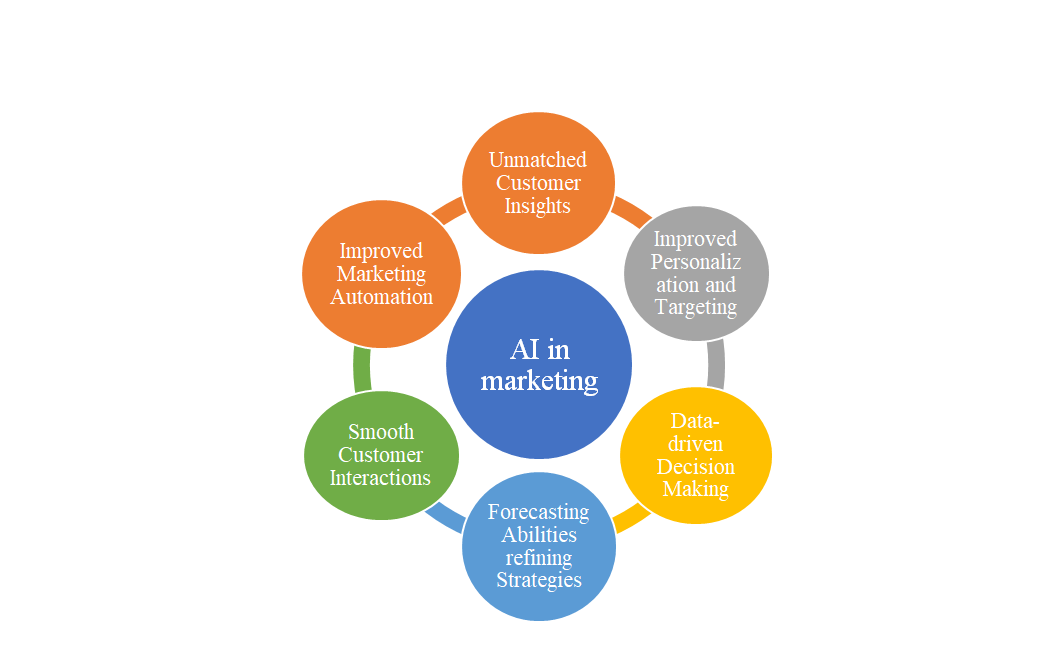



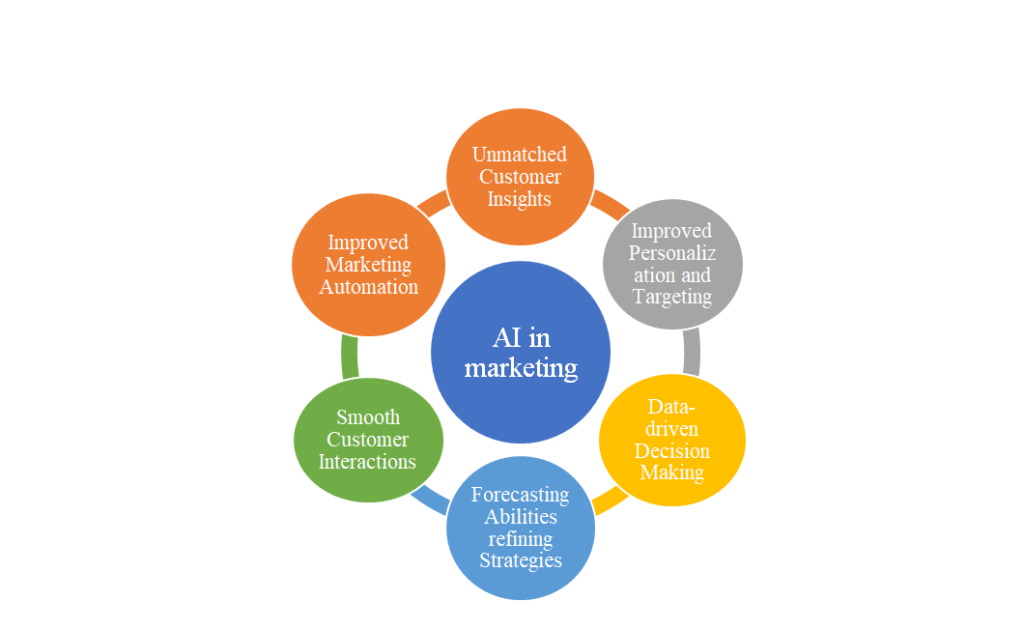


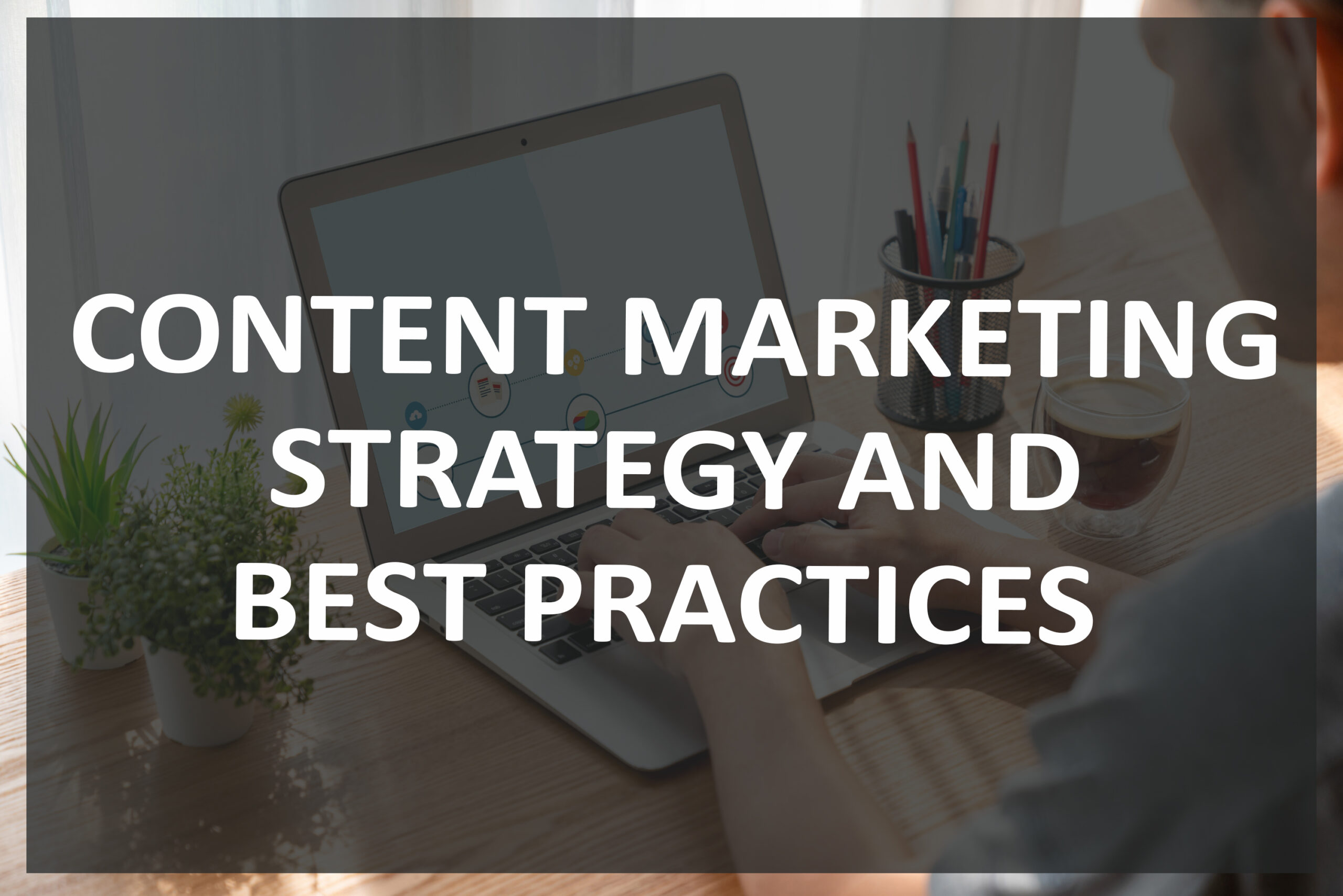
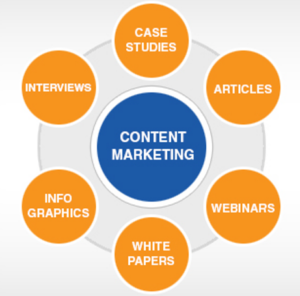
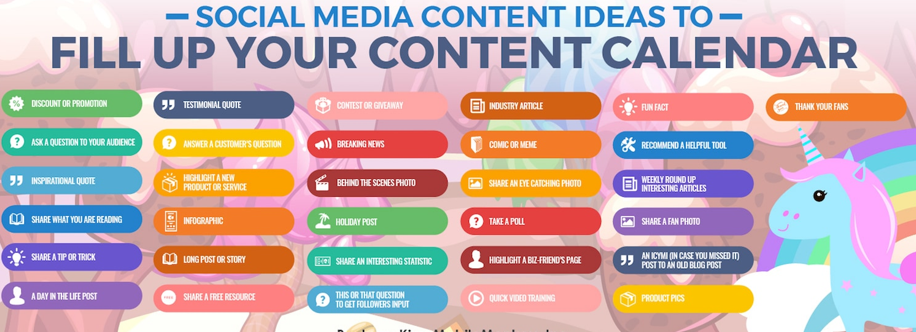



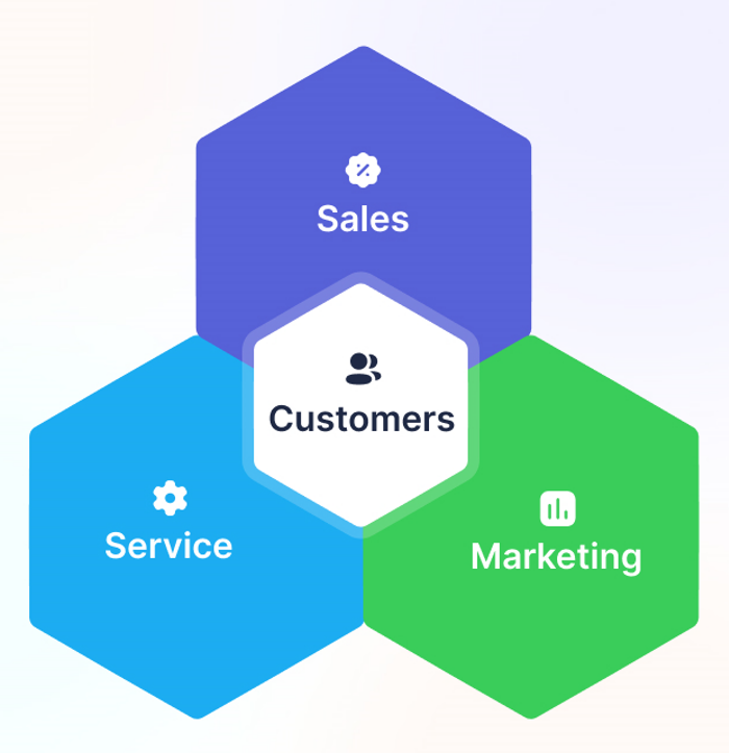
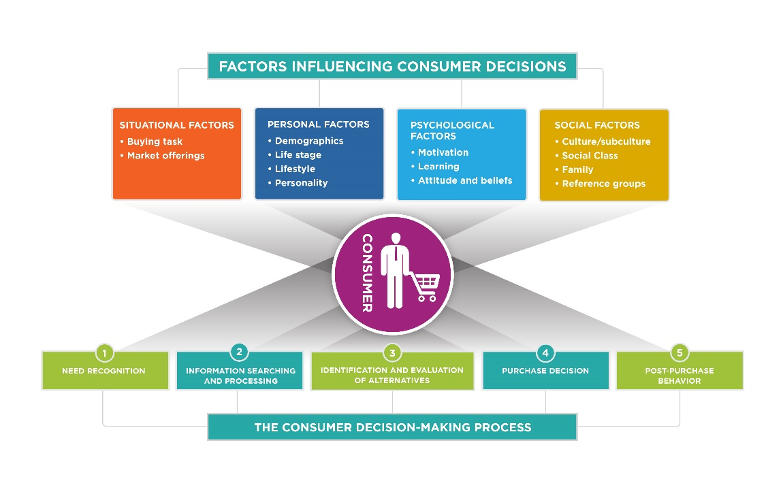

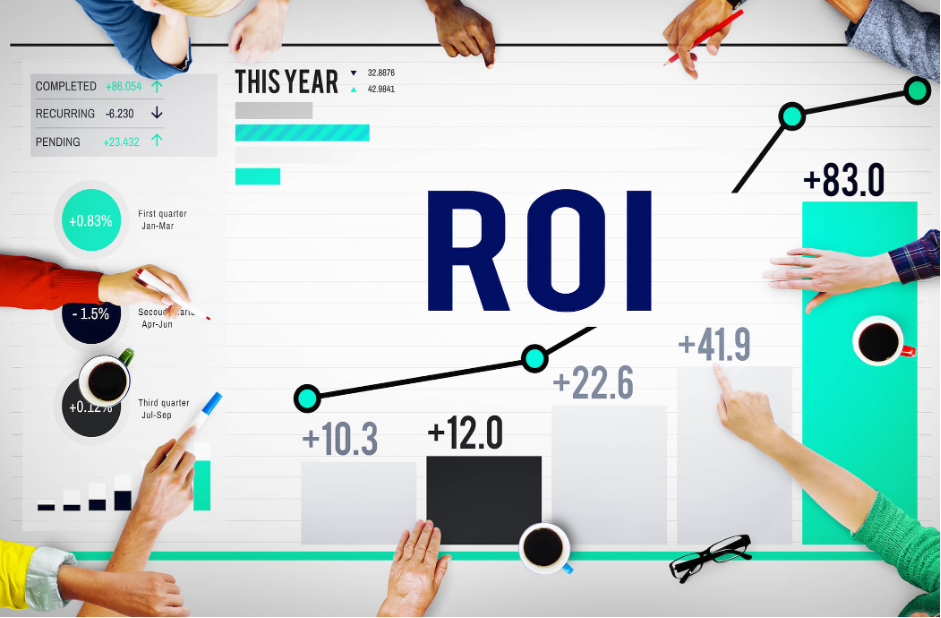
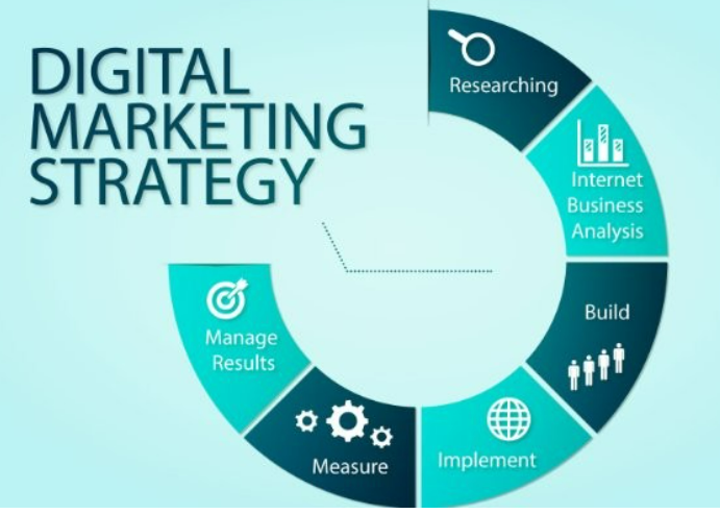
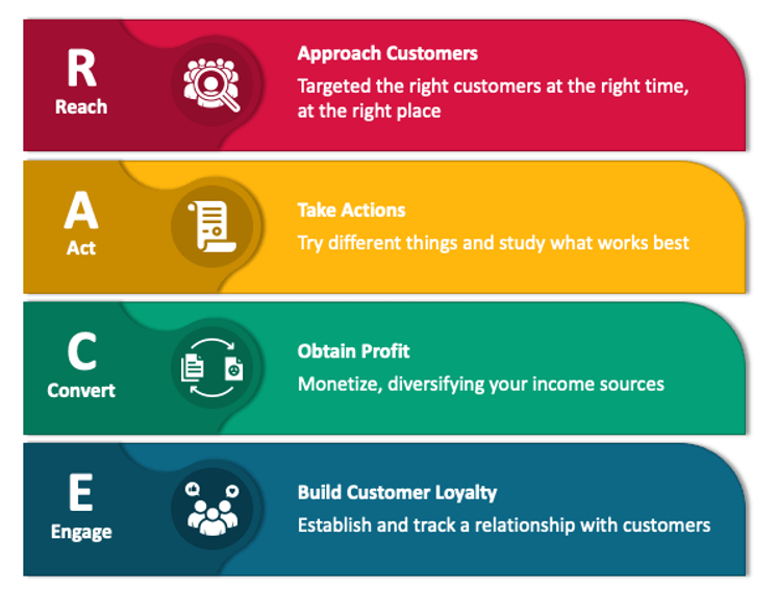

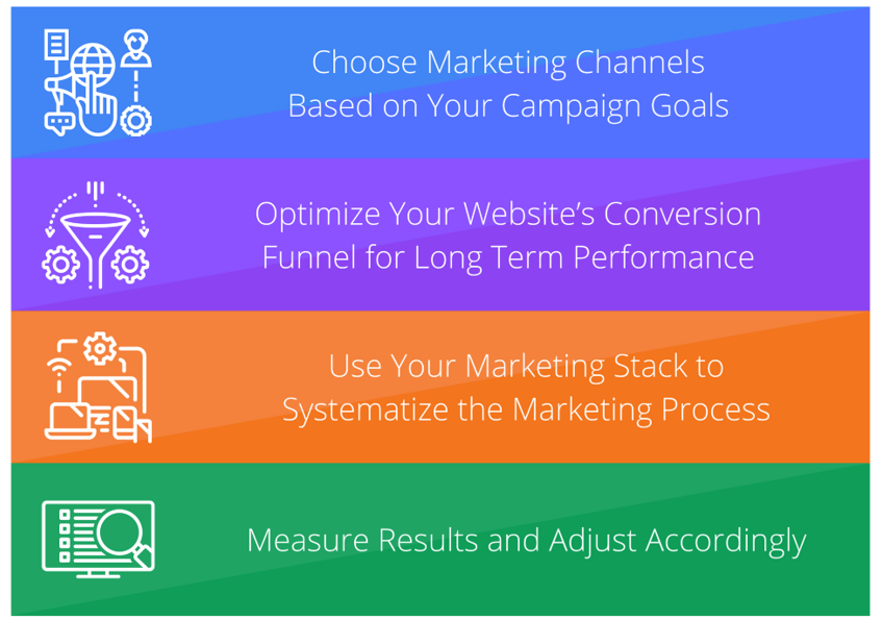
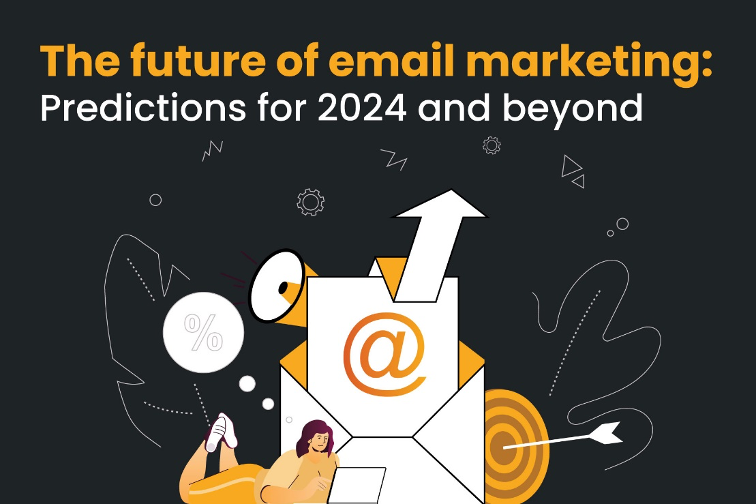


 7. GDPR Compliance: Prioritizing Data Privacy
7. GDPR Compliance: Prioritizing Data Privacy







